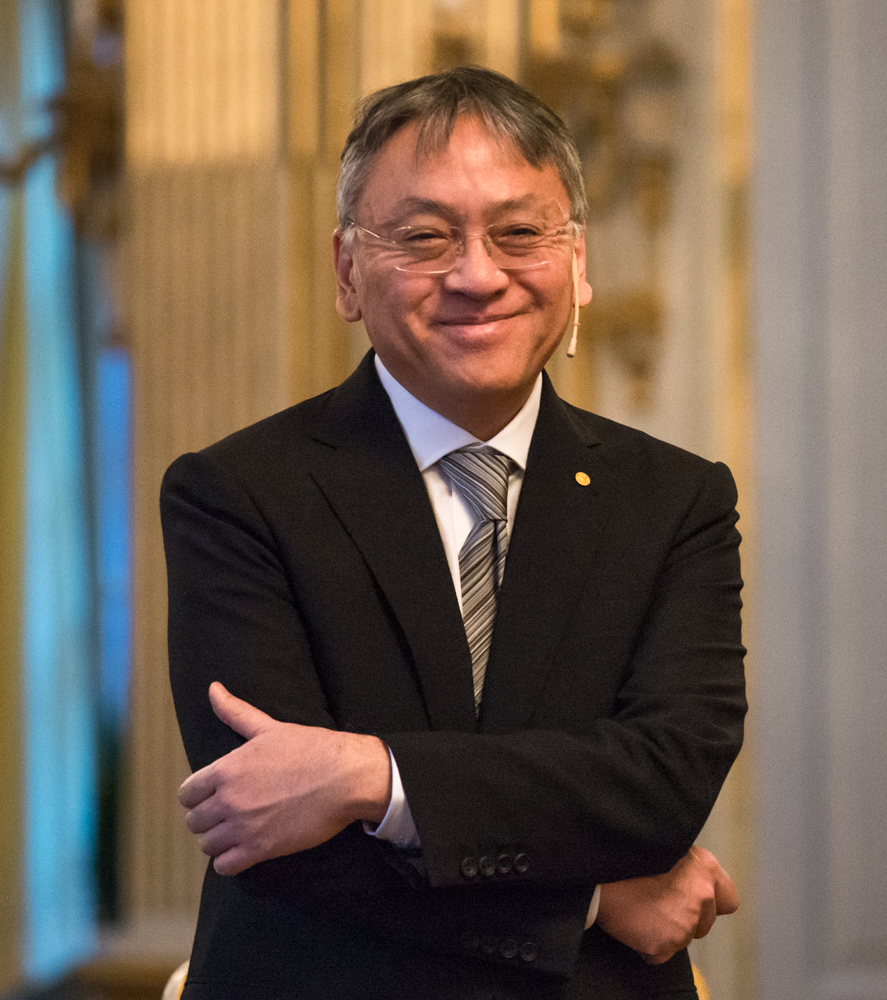I have been reading Chekhov again. Chekhov is one of those writers who brings me such joy, and this is because he knows how to write. He reminds one that it is possible to write well, something not all writers, and certainly not all Russians, do. I wanted to write about “The Lady with the Dog”, and had even started a plan to that end, but I was so struck by “Ionych” (the next story I reread) that I felt I had to begin with it. “Ionych” is fascinating because it is a story about negative growth. The country doctor, Dmitry Ionych Startsev, falls in love with a young lady, is teased and rejected by her, and then decides to become a thoroughly unlikeable person as a result, leading him eventually to reject her himself when she realises much later that she had made a mistake in turning him down.
Negative growth is interesting because we are generally used to characters growing in positive directions. Our villains turn good, our good get better. Where mistakes are made, they are the result of bad character – of cowardice, or anger. But stories rarely show how entire lives can become mistakes, and how good people can become bad. That’s why it’s worth looking at “Ionych” in more detail.
The Plot
Dmitry Ionych Startsev is a country doctor who has recently arrived in the vicinity of the town of S. An educated man, as doctors generally are, Ionych is welcome in what little society there is in S., though his countryside practice means he rarely has time to visit the town. The society in S. is very limited, as is always the case in Chekhov’s provincial towns. The highlight, however, is the Turkin family – husband and wife, and their daughter Ekaterina, who is also known as Kotik (Kitty). Mr Turkin speaks in a very mannered way and tells funny anecdotes, his wife writes novels and reads them aloud to guests, and Kotik plays the piano. All this means that they are able to put on entertaining evenings for the inhabitants of their town.
Eventually, Ionych manages to find the time to visit them. He is particularly entranced by Kotik, with the “innocent child’s expression on her face and the smooth, thin waist”. Though there is some family tension, for Kotik wishes to go to a conservatory to improve her playing and her mother decidedly does not desire this, and some of the usual dreadful treatment of young girls that we are probably used to if this is not our first time reading 19th century Russian literature (Kotik is barely allowed out of the house, so that she is protected from any and all “bad influences”), still the evening is generally marked by peace and pleasantness for Ionych.
When Kotik’s mother develops migraines, Ionych is called into the town more often, spending plenty of time with the family. Perhaps the migraines are even a ploy to weld Kotik and Ionych together, because if she were married she would never be given the opportunity to leave her husband to study elsewhere. Whatever the case, Ionych is in love with dear Kotik. One day, however, Kotik decides to tease him, giving him a note requesting a moonlit meeting in a local graveyard. Ionych shows up; Kotik does not. But though he is annoyed, Ionych experiences a kind of Romantic revelation of the world’s beauty in the graveyard. When he next meets his love, Ionych proposes; Kotik rejects him. Indeed, she rejects him precisely because she wants the freedom that not being his wife would bring. The problem is not one of emotions. But either way, Ionych is defeated.
Four years pass. Ionych, who had begun his story walking around the countryside, now owns a practice both there and in the city; he has a large, expensive carriage too. At the same time, he has drawn away from people – he finds them stupid and boring. And they, in turn, have started calling him a “puffed-up Pole”, though he is not Polish. In short, where once he was poor and liked, now he is rich and disliked. Kotik, meanwhile, has aged into Ekaterina, and returns from the conservatory each summer, though Ionych avoids her. At home, she already feels a kind of stranger and ill at ease.
But eventually they meet, once more the handiwork of Kotik’s mother. This time is both a repetition and a rejection of what came before. “He remembered his love, his hopes and dreams, which had so worried him four years ago – and he was embarrassed at them”. Kotik’s mother reads again, Kotik’s father says the same idiotic phrases, and Kotik herself plays the piano – nothing has changed. But emotionally, everything is about to fall apart.
She looked at him and was obviously waiting for him to invite her into the garden, but he remained silent. “Oh how good that I didn’t marry her”, thought Startsev.
What a terrible thought to read. But it gets worse, for Kotik invites him into the garden herself. She admits that the conservatory had failed her, for all the young ladies she knew were able to play the piano, and she was nothing special. She tells him how she thought of him while she was in Moscow, how ideal he was. But he does not propose. He thinks of his money, back at home, and the flame she had rekindled in him is snuffed out. Everything annoys him. He goes home and never sees the family again, ignoring their messages to him.
Later still Ionych drives about town “like a Pagan God”, so rich is he. People call him Ionych, rather than his full name. He has become his name – and not the personal, familiar, Dmitry. Yet although he is lonely, bored, and finds everything distasteful and uninteresting, nothing changes. He does not realise that he has made a mistake. Meanwhile, over at the Turkins, nothing has changed either, except that everyone is a little older. Ekaterina has become Kotik again, and no doubt will stay like that, sad and unmarried, the rest of her life.
Negative Growth
This is the story of Ionych’s decline into caring only for his money. We might ask whether Ionych always showed signs of badness and a quickness to judge – one thing the narration (in Ionych’s voice), notes early on about Kotik is that she is “probably pure”. But this is I think insignificant, because everyone has a little bad in them, but few have that badness gain strength over the course of their life as Ionych does. To encounter an example of negative growth in Ionych is therefore a kind of surprise. Just as in real life, we rarely encounter negative growth in fiction. Characters, especially main characters, tend to become wiser, learning from their mistakes. However secular we are, we like to see redemption take place for the evil, and manifestations of grace.
But badness can get worse. We often talk about regrets as something bad, and certainly they are when they consume a life and distract it from the present. But regrets can also make possible the righting of past mistakes. Without the interiority that regrets imply, we cannot hope to grow. Ionych ends up shutting himself down once those four years have passed. Kotik briefly makes him think of the past, but his embarrassment leads him to destroy his interiority to protect himself. This also destroys her hopes of another proposal. At the end of the story it is the narrator who tells us that Ionych is lonely, because Ionych cannot do it himself. In fact, he is probably not even aware that it might be the case.
Experiences change us. Ionych’s walk in the graveyard shows that he had a developed sense of imagination, but his rejection means that he fully embraces a terrible, limited, materialism. As a story, “Ionych” tells us about the consequences of not paying attention to ourselves and the people we are becoming. Oftentimes experiences, especially those involving rejection, are difficult to bear. We always try to make the most of them, of course, but often this can lead to us distorting ourselves in ways that are unhealthy. With no love, we decide to focus on work, for example. We lose one “success” for another, but don’t realise that the relative values of each success are vastly different. Ultimately, “Ionych” is above all a warning of the consequences that befall anyone who does not remain watchful of who they are and who they are letting themselves become.
Ionych can be read in English here: http://www.online-literature.com/anton_chekhov/1292/


